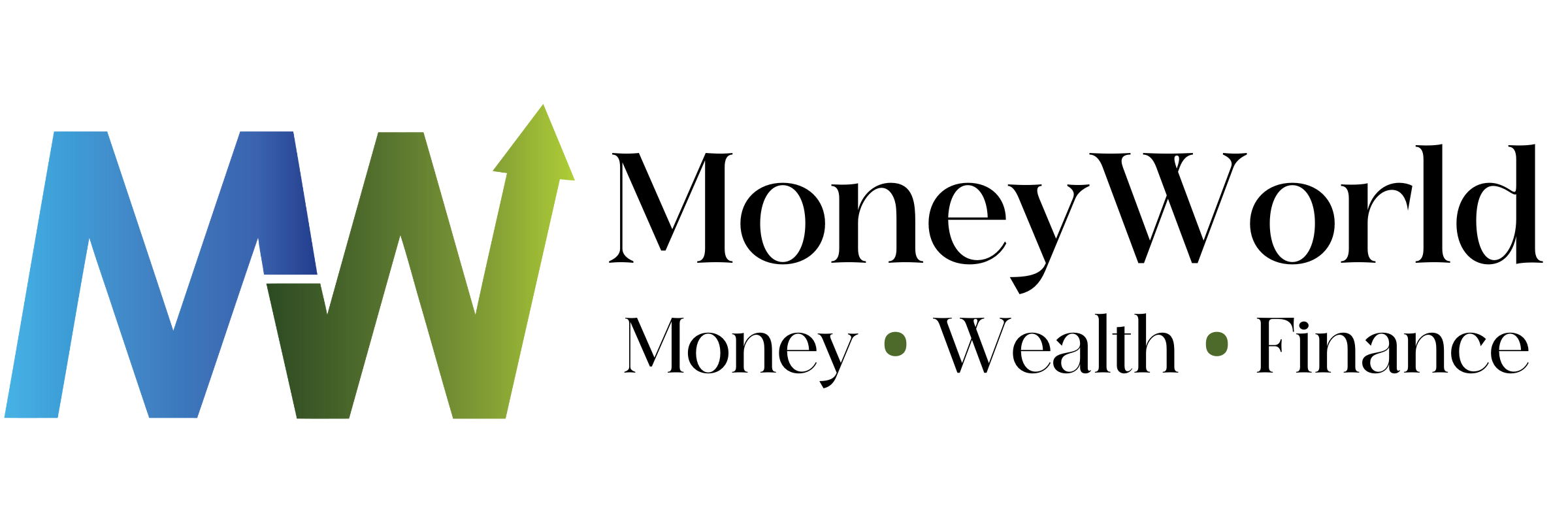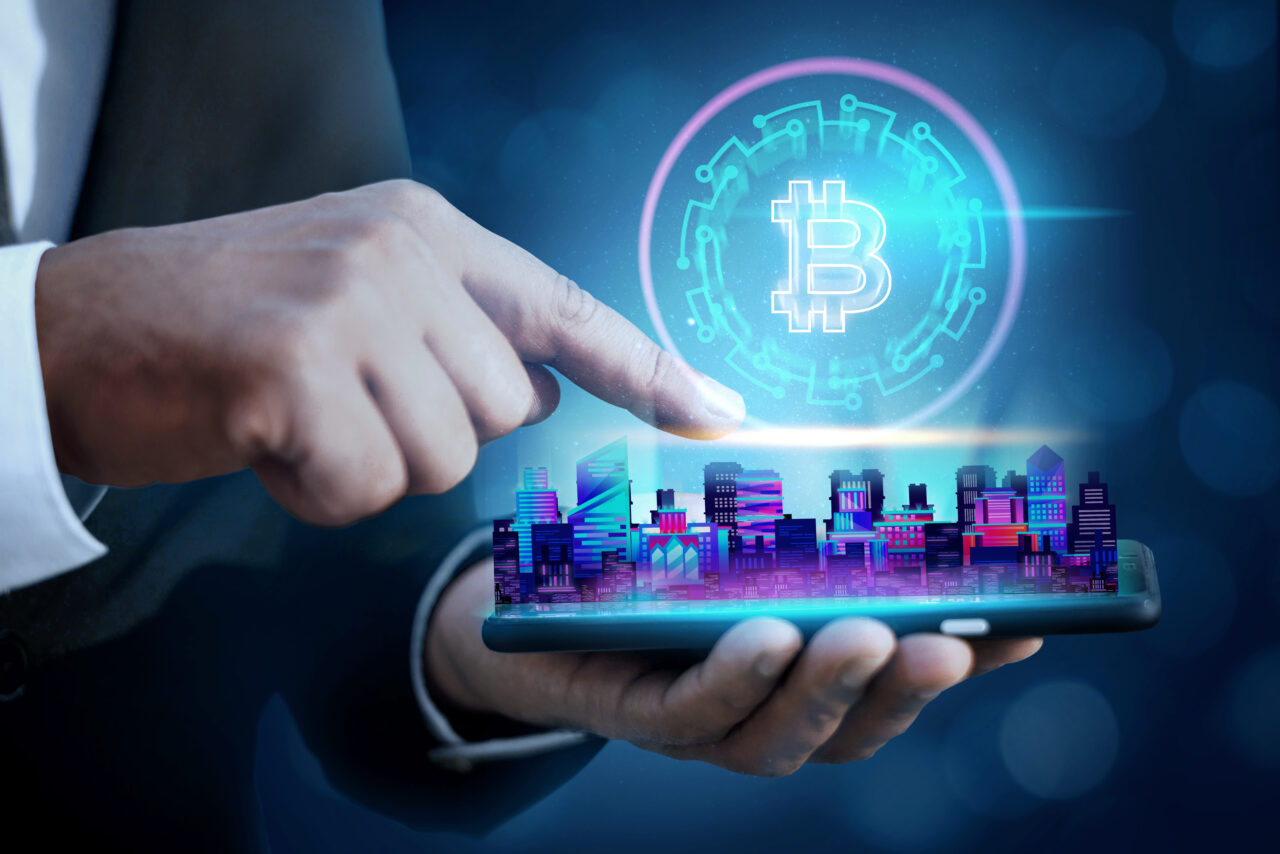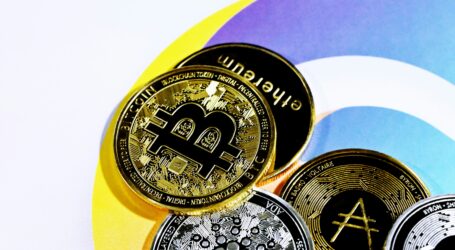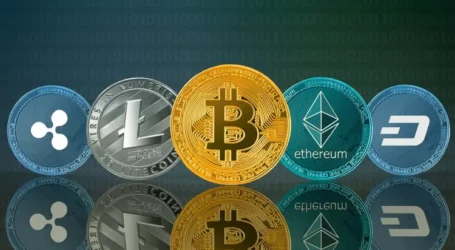Beyond banks & brokers – All about (DeFi)
Understanding Decentralized Finance (DeFi)
Imagine sending money, making a payment, or buying a financial asset without needing a bank, brokerage, or any official middleman. If you can picture that, you’ve grasped the essence of decentralized finance, commonly known as DeFi.
DeFi is a growing digital ecosystem that lets people send, buy, and exchange financial assets without relying on traditional banks, brokerages, or exchanges. Instead of following the usual routes for financial transactions, DeFi uses innovative technology to streamline the process.
Key Points About DeFi
Firstly, DeFi bypasses the traditional methods of conducting financial transactions. This means that instead of going through banks or brokers, transactions happen directly between individuals. Secondly, DeFi is built on a peer-to-peer, blockchain-based system. This could potentially change the way we think about banking forever. However, it’s important to note that DeFi is still largely untested, which makes it a risky investment. Despite this, the rise of DeFi could signify a major shift in the financial landscape. It’s not just another financial technology; it promises to create an entirely new financial world.
Common Questions for Potential Investors
As someone interested in investing, you might have several questions:
- What is the purpose of DeFi?
- How does it work?
- How can you invest in DeFi?
- What are the main benefits, opportunities, and risks for users and investors?
If you’re thinking about getting involved, it’s essential to have a basic understanding of this emerging field.
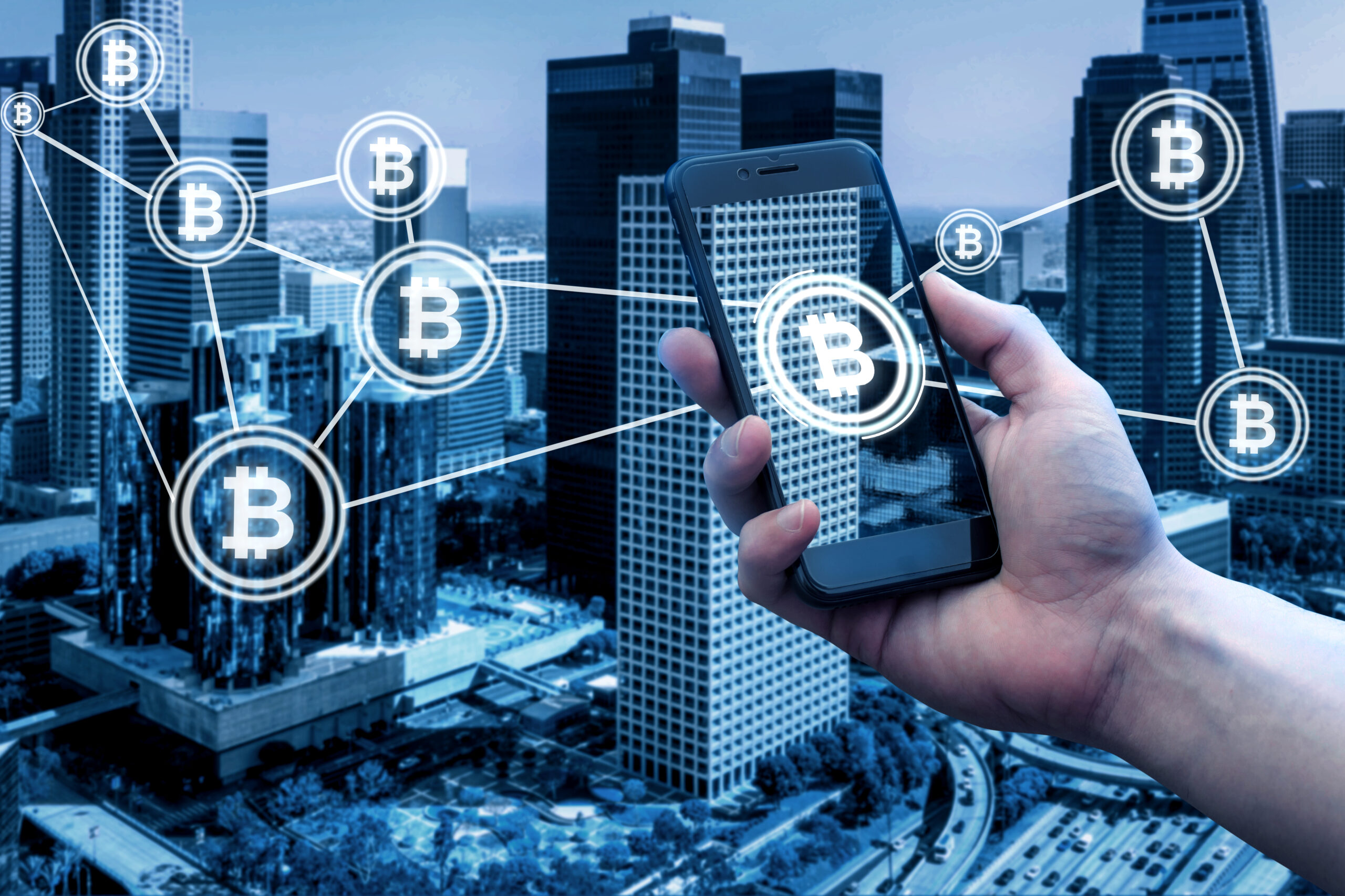
Why Choose DeFi Over Traditional Finance?
You might wonder why DeFi is necessary when traditional financial systems are already efficient and secure. Banks and financial institutions help transfer funds, but the process isn’t direct. Usually, a transaction involves several third-party service providers. This can slow down the process and add extra fees. Moreover, relying on third parties introduces risks like human error, technological issues, hardware failures, and security breaches. None of these providers can guarantee 100% security.
People and businesses are always looking for faster, safer, and cheaper ways to make peer-to-peer (P2P) transactions. DeFi offers more than just slight improvements. It promises innovations that traditional systems cannot achieve, offering a new level of efficiency and security.
How Does DeFi Work?
DeFi builds a financial system on a blockchain network, removing the need for middlemen. This makes transactions more direct, reduces or eliminates service fees, and ensures that asset transfers and exchanges are almost tamper-proof.
Blockchains are digital ledgers shared and updated by all participating computers, known as nodes. Every transaction added to a blockchain is verified by specific nodes within the network. Each block of transactions is encrypted, and once it’s completed, the information inside cannot be changed. If someone tries to alter the contents of a block, all computers in the network will be alerted. This makes blockchains extremely secure and difficult to breach.
The Future of DeFi
DeFi’s potential is significant. It could revolutionize how we handle financial transactions by making them more efficient and secure. However, because DeFi is still new and not fully tested, it comes with high risks. Investors should approach DeFi with caution, understanding both its promising benefits and the possible dangers.
In summary, decentralized finance offers a new way to manage and exchange financial assets without traditional intermediaries. By leveraging blockchain technology, DeFi aims to create a more direct, secure, and efficient financial system. However, its untested nature means that potential investors must weigh the opportunities against the risks carefully.
